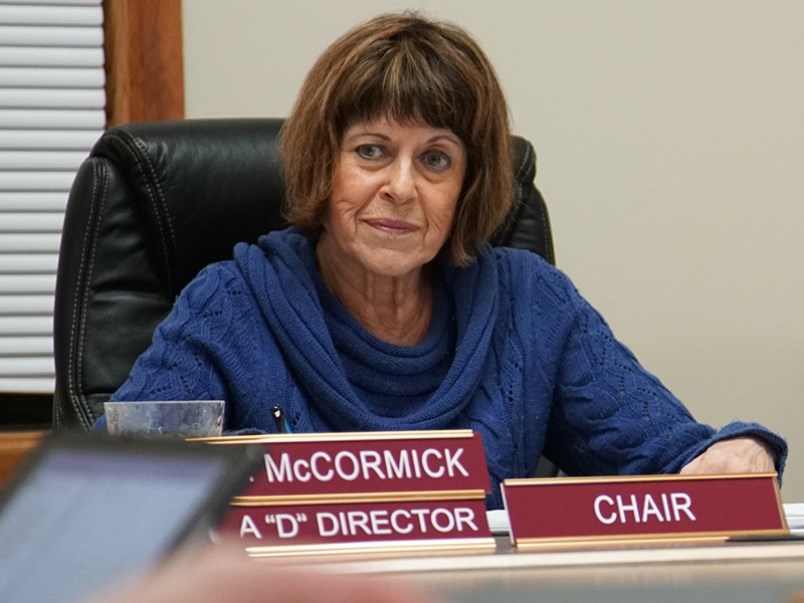qathet Regional District directors have voted to shelve a consultant’s feasibility study into land use and development regulatory options.
At the April 14 planning committee meeting, directors were to consider recommending the regional board receive the Feasibility Study Land Use and Development Regulatory Option final report, prepared by the Arlington Group.
Electoral Area D director Sandy McCormick asked how much the study cost. Manager of planning services Laura Roddan said she did not have the exact figure but thought it was in the neighbourhood of $25,000.
McCormick said the regional district had paid $25,000 for the study, and has the tools in the toolbox with a very talented planning staff that could have done a study for regional directors. She said she thought the study was not necessary.
McCormick said she was also concerned the response in Electoral Areas B and C indicates the community is not in the mood for additional regulatory initiatives. She said she is feeling that if the regional district proceeded with the recommendations, and the first step is community engagement, the regional district is going to be told that people are not interested and it will become an exercise in futility.
Electoral Area B director Mark Gisborne said he wanted to reiterate what McCormick had said and that he concurred entirely.
Electoral Area A director Patrick Brabazon and Electoral Area C director Clay Brander, chair of the planning committee, voted in favour of the regional board receiving the report, with McCormick and Gisborne opposed. The motion was declared to have failed.
When asked at the conclusion of the meeting what would happen with the report, chief administrative officer Al Radke said it would sit on the shelf.
According to an extract from the feasibility study, based on the assessment of current regulatory status in qathet Regional District, it is recommended that the regional district consider an increased regulatory framework through a multi-phased program and selective approach, starting with public education and consultation on benefits and drawbacks of zoning in Electoral Areas B and C.
The study stated that depending on results of public consultation on the zoning options phase, initiation of a new zoning bylaw for Electoral Areas B and C, followed by a development permit area and guidelines for protection of development from already identified hazards is recommended in the second phase. Consultation on adopting a building bylaw for rural areas phased in by electoral area is also recommended in the second phase.
The executive summary of the study indicates the regional district has a much lighter regulatory framework than most other regional districts in BC. It stated that a lighter regulatory framework provides for a quick process, lower fees and taxes for individuals, but less regulation includes significant drawbacks.
“Transparency and oversight are reduced or not available,” the study stated. “Non-compliance with planning objectives and policies, regulatory uncertainty and land use conflicts are likely to increase.”



